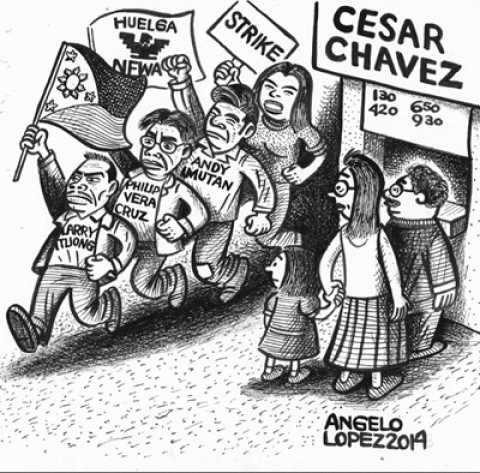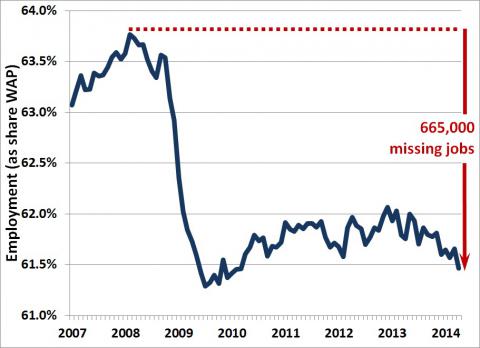The Road to Ruin: Can We Afford the Anti-Tax Movement
Truthout

Economist Joseph Kile in written testimony has warned that "revenues from the users of roads and from taxpayers are the ultimate source of money for highways, regardless of the financing mechanism chosen." The significance of Kile's statement can be seen in the fact that one partner - the private sector - has almost no financial skin in the game. Meanwhile, the public partner - that is, the taxpayers - carries nearly the full financial burden.









Spread the word